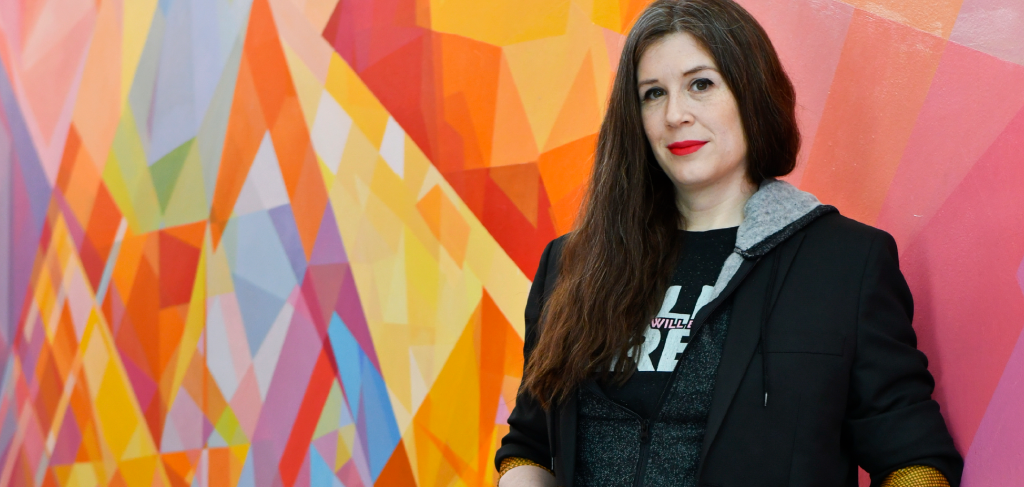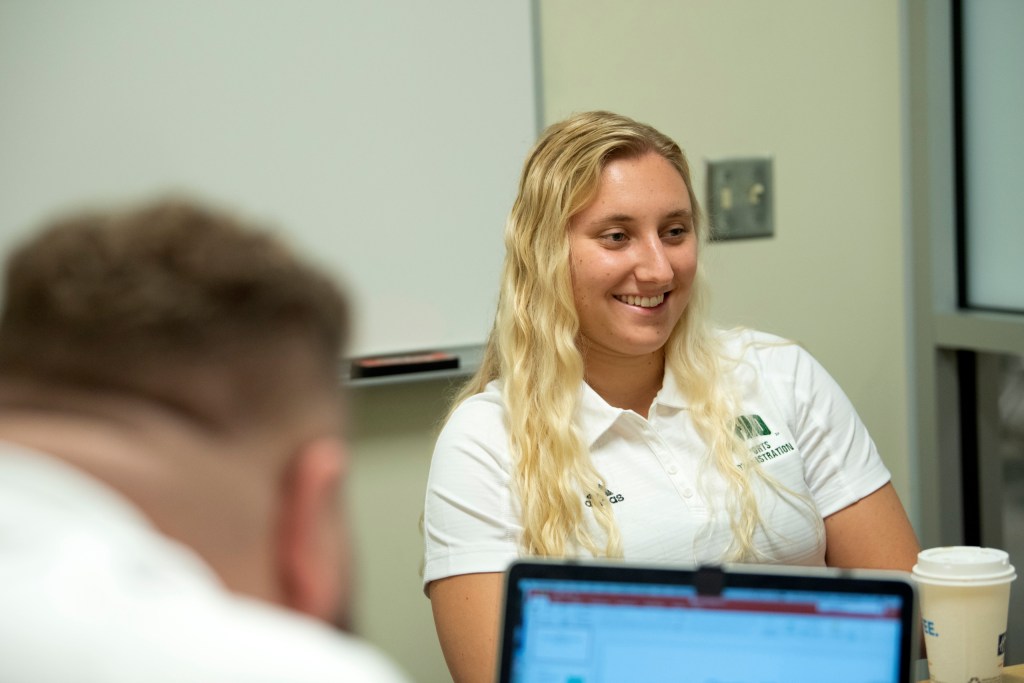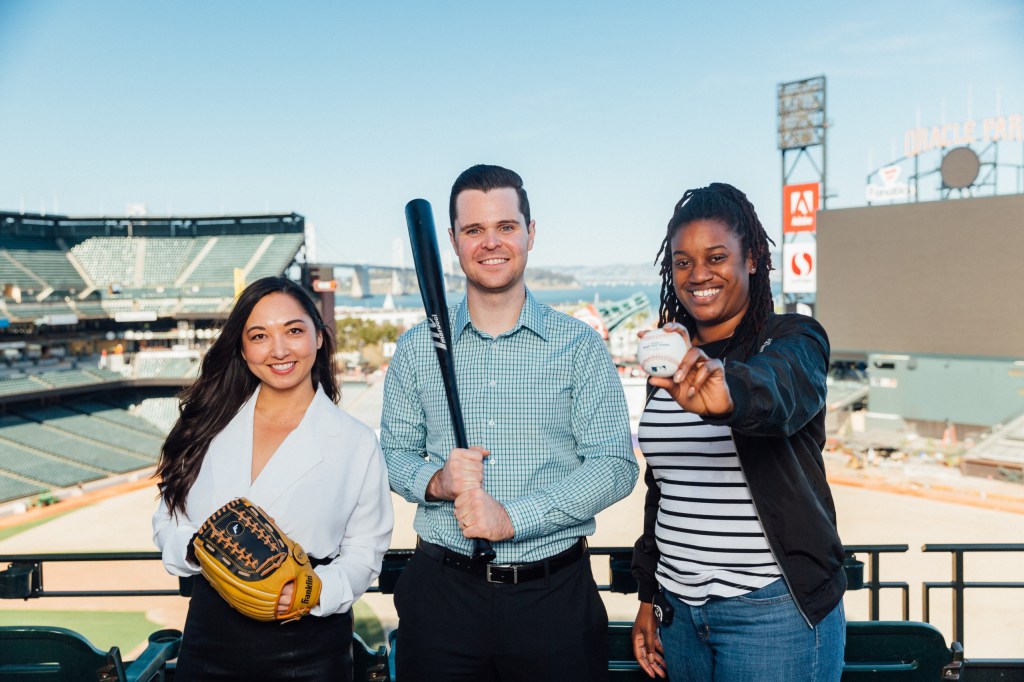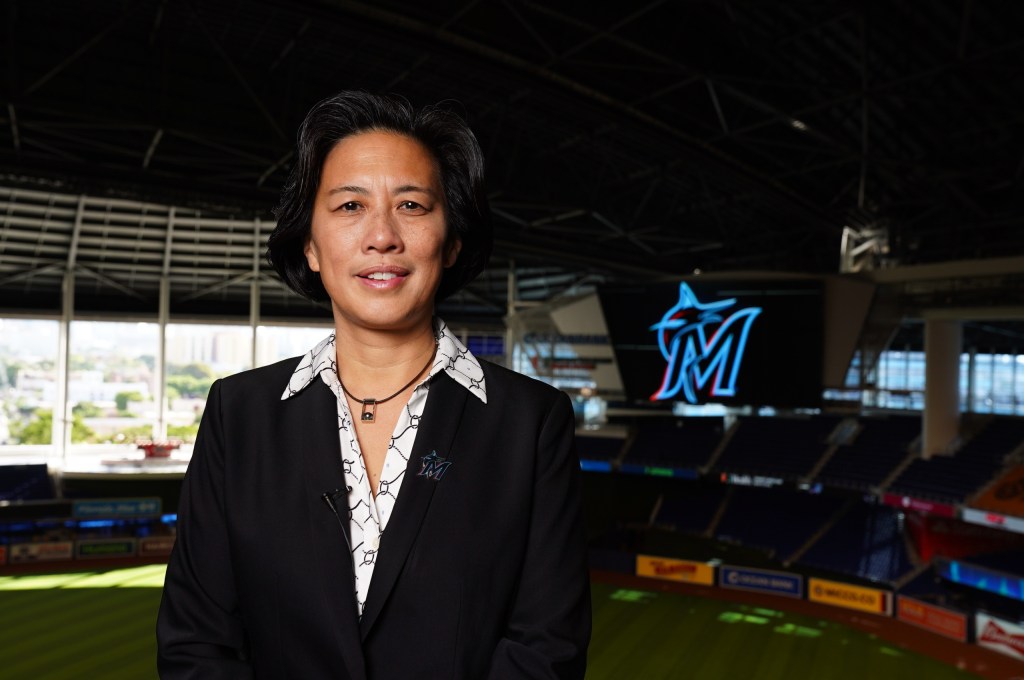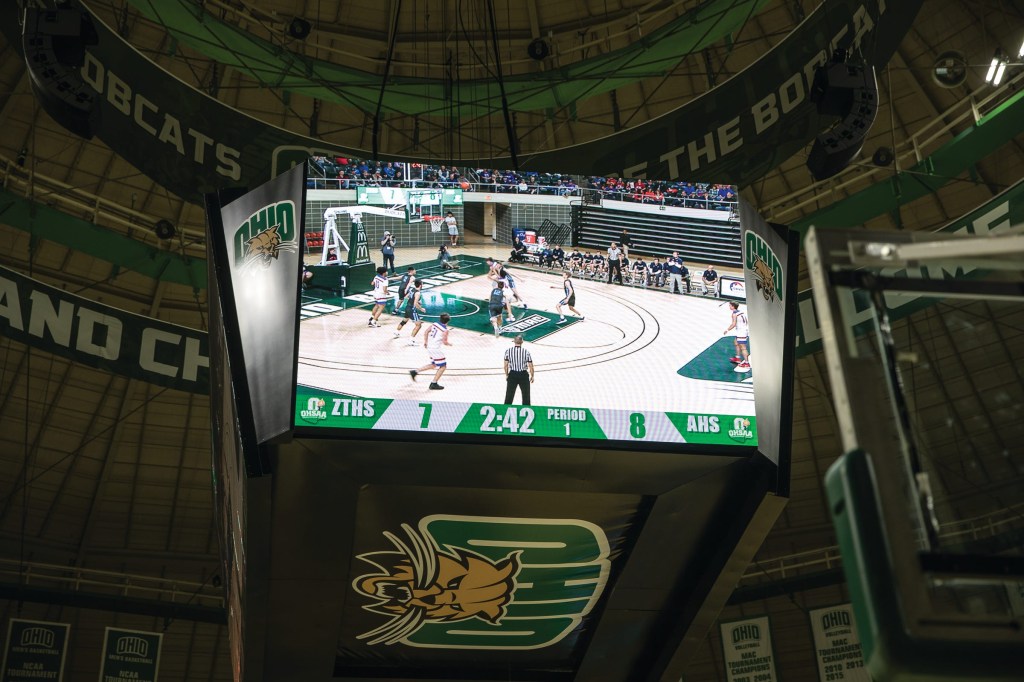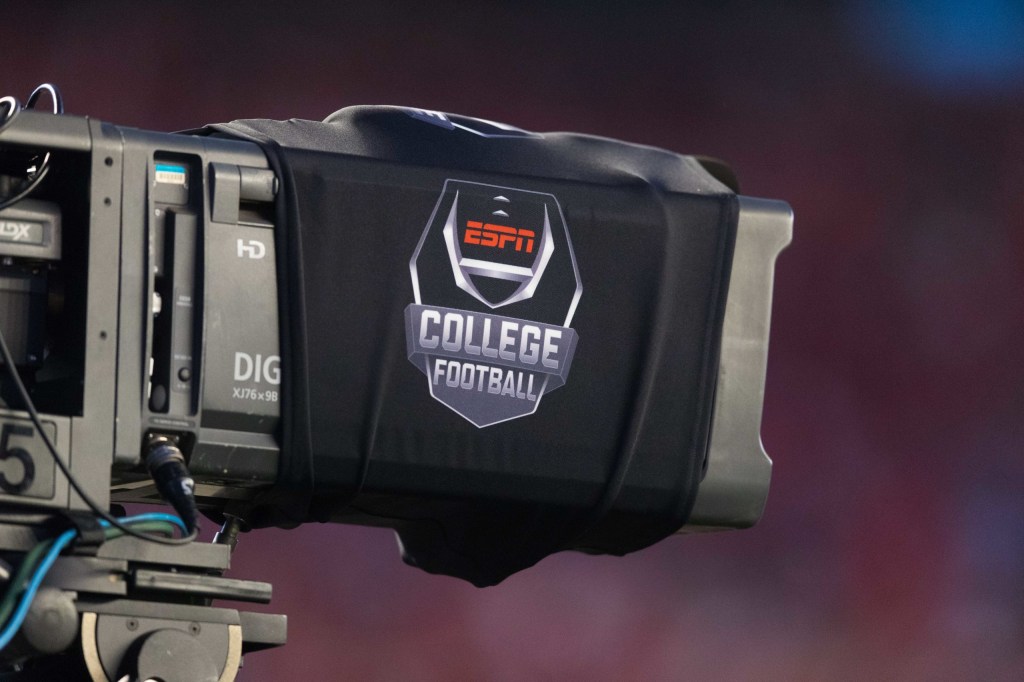This post is a part of our new partnership with Generation Y Digital! Check them out on Twitter at @genydig!

By: Kris Koivisto, @KrisKoivisto
I’m not sure where it started, but it caught on like wildfire. Twitter users have been including “these tweets do not reflect my employer” or “views are my own” or “RT are not endorsements” in their bios for several years as some sort of escape clause.
Boy, did they get some bad advice.
Unfortunately, the court of public opinion is much more likely to make judgment than a court of law. While your get-out-of-jail-free card may save you in any legal proceedings (jury’s still out on that one — no pun intended), it sure isn’t saving your reputation, job or personal brand. When I see one of those disclaimers in someone’s bio, I take it as a warning and think, ‘this person may fly off the rails at some point.’
Yes, you yourself are a brand. Especially if you’re active on social media. Your followers are making an opinion of your brand every time you hit send. Even those that don’t follow you are judging you. Every tweet, snap, and selfie reflects directly on you — and more importantly, your current/prospective employer. This extends beyond than social media, too. Just ask Britt McHenry. I once heard someone say, “if you wouldn’t print it on a t-shirt, don’t put it on social media.” I couldn’t agree more.
***
I cut my sports industry teeth in the PR world, which taught me invaluable lessons in judgement, decision-making, patience, trust and relationships. At the beginning of 2007, my final year of college was just a few months away and I had nothing but a couple of months at the Western Oregon Journal and an internship at the Statesmen-Journal under my belt. Since, unlike most of my friends, I opted not to participate in collegiate athletics, there was no excuse for such a thin resume. So I set up a meeting with the school advisor that was deemed, ‘the internship guy.’ I met him with high hopes and rose-colored glasses. A couple hours later I returned home where reality was ready to smack me in the face. The best (well, only) connection for an internship was a potential interview at a local spa company.
Enter: Teamwork Online.
After casting a wide net for a variety of internships with sports franchises through the popular sports job portal, my initial excitement and optimism began to fade when my inbox sat empty for several weeks. Eventually, working in sports world all but evaporated from my mind and I started to get real about the hot tub company.
On an overcast spring afternoon while my roommates were out of town on a road trip with the basketball team, I was checking my email on the porcelain throne when something caused me to do a double take. It was an email from the Portland Trail Blazers, asking if I’d be interested in joining their ‘Digital Street Team.’ Wait, what? I was having a hard time simply getting an interview with this small spa company, and my favorite sports team in the world is asking me if I want to work for them? My heart skipped a beat.
There were a few phone calls, some training and plenty of online research to complete, but my journey into the sports and entertainment world was underway.
Following the initial three-month digital internship, I transitioned into a sports communications internship where the next 15 months were spent driving between Monmouth and Portland and learning under an award-winning PR staff. Near the close of the 2007–08 season, to my surprise, a position opened up within the communications department. I figured after busting my butt for so long I’d be a shoe-in. Wrong. Way wrong. In fact, I had to beat out 200 applicants, go through six interviews and wait out a hiring freeze before I was finally offered a job as the communications coordinator.
Over the course of the next six NBA seasons there were several restructures within the company, causing me to report through communications, community relations and corporate communications. At one point I had a new boss every year for three consecutive years. I eventually found my stride around 2010 and was later promoted to corporate communications manager. Sustainability was becoming a trendy thing for sports teams and tree-hugging Portland was viewed as the model franchise across the sports industry. While it wasn’t my biggest interest, it quickly became my niche. While we were making national headlines, I found that social media, Twitter in particular, was not only supplementing our traditional media efforts, but outperforming it in some cases.
By the time 2012 rolled around there were some monumental changes taking place in Rip City. The headlines were taken up by the acquisitions of Neil Olshey, Terry Stotts and Damian Lillard. But what impacted my career the most were the moves on the business side. The organization had hired a senior vice president of communications to oversee our entire department, followed by the hiring of president and CEO Chris McGowan.
Generally, a PR executive would be hand-in-hand with a new CEO, introducing him to the inner workings of the franchise. However, since our PR executive was himself new to the organization, a lot of those “get to know the current culture of the Blazers” duties fell to me — and a working relationship with our CEO was formed. Among my unofficial duties in acting as a resource for our new CEO was helping grow his personal Twitter account — an opportunity that foreshadowed a new direction in my career.
Shortly after Damian Lillard’s 0.9 heroics in 2014, an open headcount became available in the digital department. After the new position’s job description rolled out, my name started floating around the company as a prime candidate. I’d always worked closely with the digital group, had pushed PR to become more progressive and had essentially maximized out my current role. Not unlike my experience six years prior, nothing was handed to me and I went through a formal interview process before a decision was made. Since accepting the position of managing editor of Trail Blazers content, a day hasn’t passed where I haven’t found an opportunity to grow through a challenge or found inspiration for a new idea or project. That’s easily my favorite part of my job and I’m extremely fortunate to be in this position.
***
Since graduating from college, I haven’t worked anywhere outside of the Trail Blazers. Some say that’s great; others say that’s dangerous. I say it is what it is. When I look back at all the people I’ve seen come and go, reflecting on my career, I can point to a few key items I’ve learned along the way.
Work hard when no one is looking. Do favors. Be selfless. Be available. Don’t compare yourself to other people, because nothing will ever be equal. You’re going to make mistakes — learn from them. Put yourself in another person’s shoes when making a decision. Work for the result, not the recognition. Be aware of the big picture. Take pride in your work.
Be mindful of these things until they become habits. Trust me, your personal brand will benefit from it. Then maybe you won’t feel the need to include a disclaimer in your bio, because you’ll just know better.
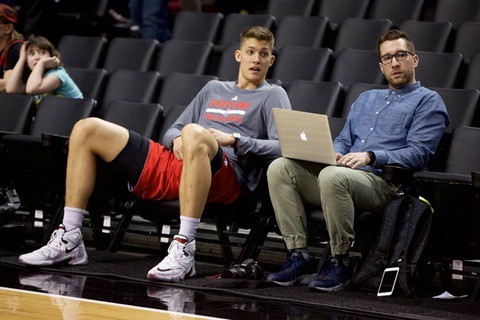
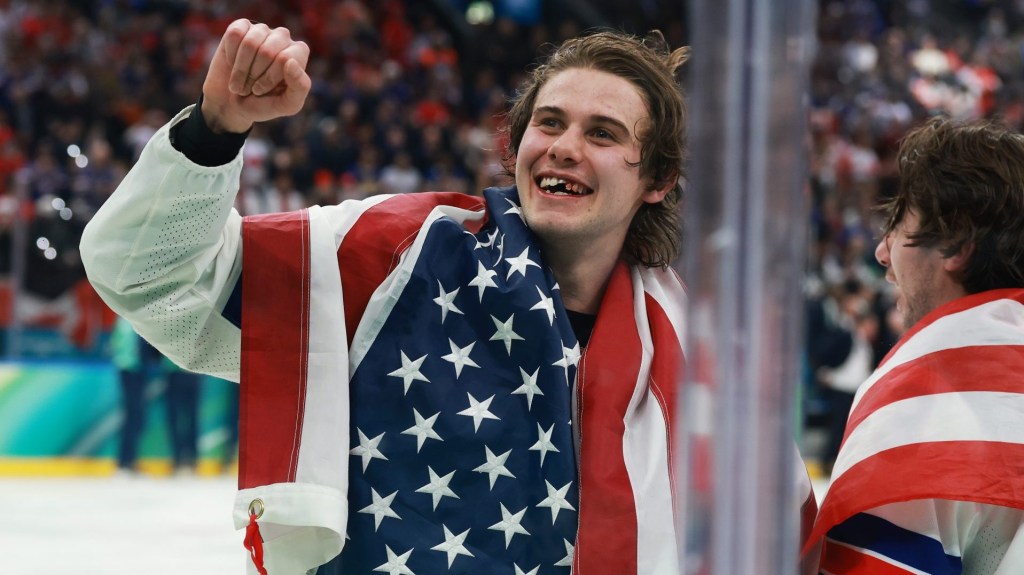
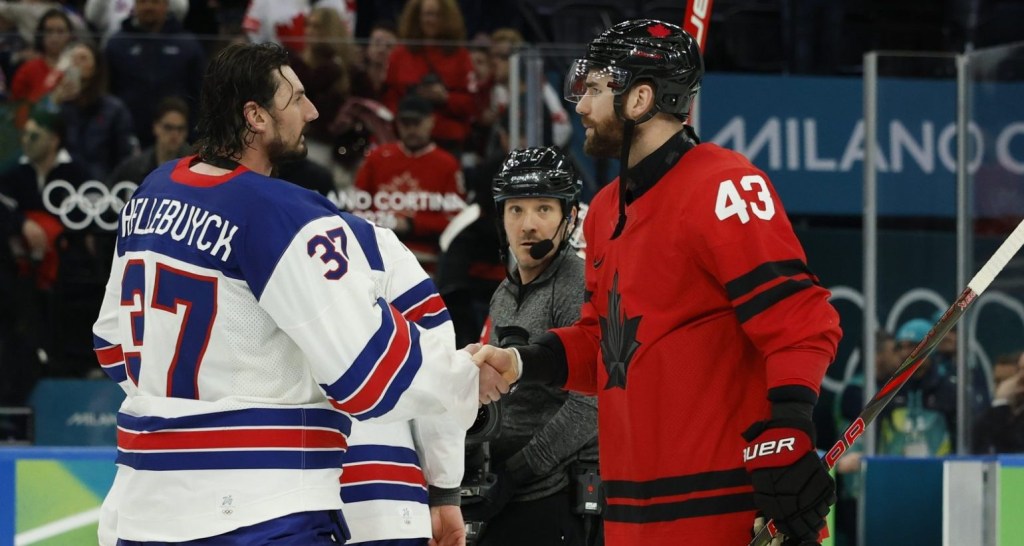
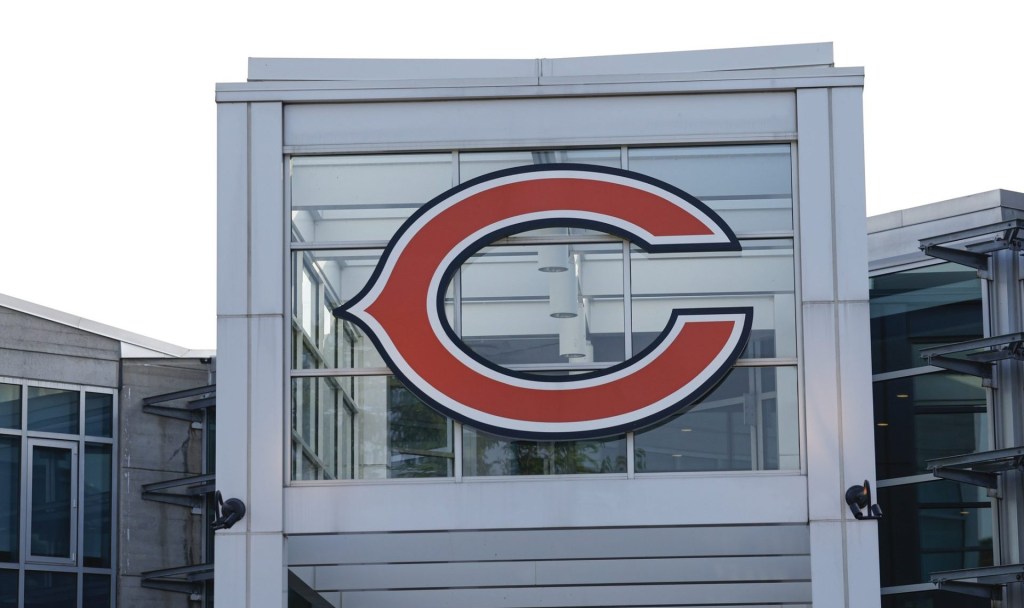
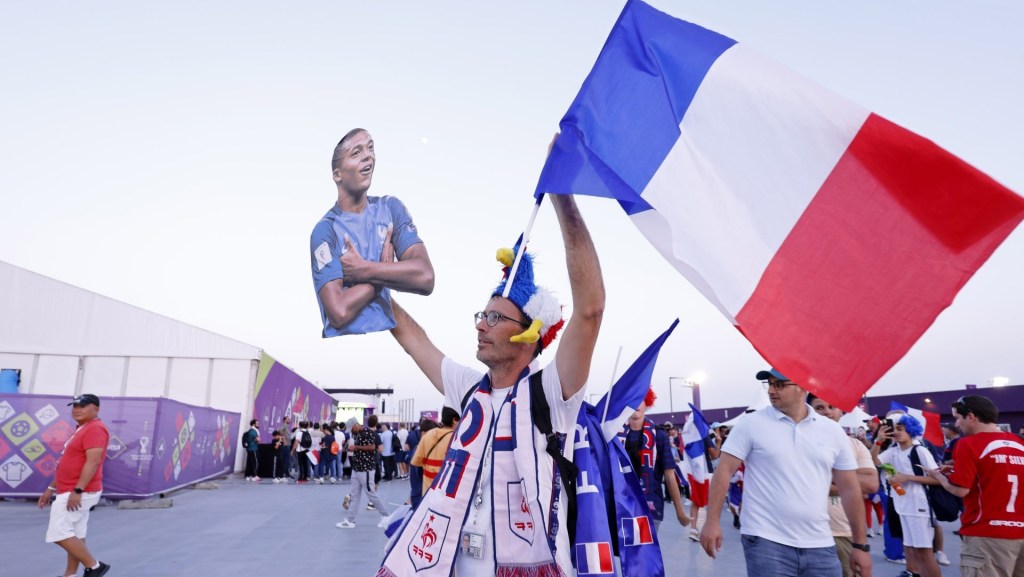
![[Subscription Customers Only] Jul 13, 2025; East Rutherford, New Jersey, USA; Chelsea FC midfielder Cole Palmer (10) celebrates winning the final of the 2025 FIFA Club World Cup at MetLife Stadium](https://frontofficesports.com/wp-content/uploads/2026/02/USATSI_26636703-scaled-e1770932227605.jpg?quality=100&w=1024)



